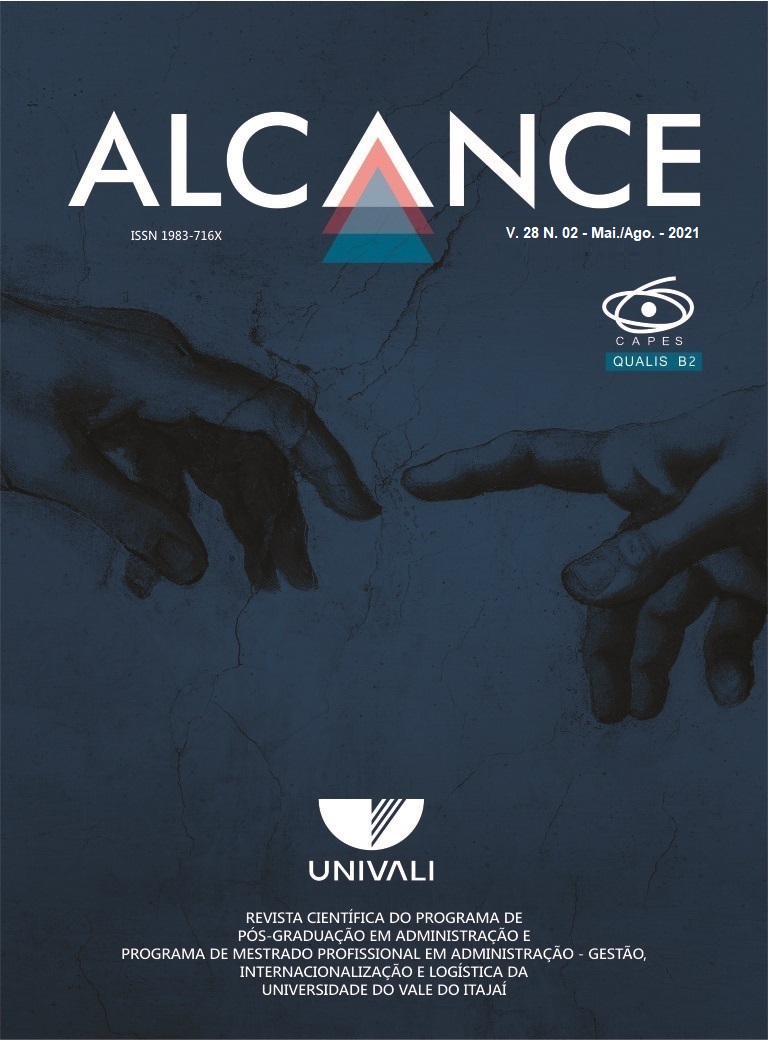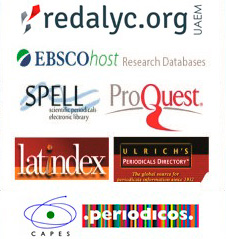SYSTEMATIZATION OF COSTS OF THE CONTINUOUS NATIONAL HOUSEHOLD SAMPLE SURVEY: THE CASE OF FLORIANÓPOLIS – BRAZIL
DOI:
https://doi.org/10.14210/alcance.v28n2(Mai/Ago).p151-164Keywords:
Public costs, Systematization of costs, PNADC.Abstract
Objective: The study proposes the systematization of costs of the Continuous National Household Sample Survey conducted by the Brazilian Institute of Geography and Statistics (IBGE) in the region under the responsibility of its office in Florianópolis in the state of Santa Catarina. Methodological Procedures: The Continuous National Household Sample Survey (PNADC) object of this study is one of the many research works developed by the Brazilian Institute of Geography and Statistics (IBGE). This descriptive and documental research is based on a case study and adopts a mixed qualitative and quantitative approach. Data was collected from systems of the Brazilian federal government and from reports, spreadsheets, organizational documents, and internal systems of the IBGE’s office in Florianópolis, in Santa Catarina. Results: The systematization of costs proposed in this research starts by identifying expenses and is followed by a classification of them as direct costs – readily allocated to the cost object – and indirect costs – for which it was necessary to use an allocation criterion. The criterion adopted was the workload of the IBGE’s unit in Santa Catarina, estimated based on the number of questionnaires collected in the many research works the institute conducted in the state. After establishing the indirect costs distribution method, direct and indirect costs were allocated, and the cost of the 2017 PNADC in the region covered by the IBGE’s office in Florianópolis was calculated. The study found that the cost per questionnaire applied during the PNADC in the region was BRL 261.89, an amount obtained by dividing the total cost of the PNADC in the region by the number of questionnaires applied in those municipalities. The cost per questionnaire offers a basis to project the total cost of the PNADC in each period, relating the sample size, how long it takes for collection, the technical staff involved, and the resources needed to carry out the survey. Originality: The topic of costs in the public sector is still incipient, and issues to be discussed, reflected, and clarified have only gained relevance recently, even though the first publications date back to the 1960s. Statistic treatment of official data or data from household surveys is scarce in Brazil.Downloads
Published
2021-04-30
Issue
Section
Article


